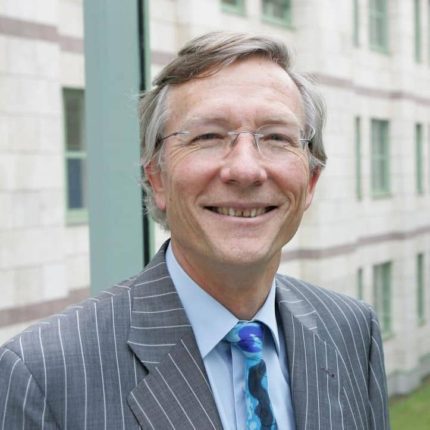The task of research is to diminish ignorance, to push forward the frontiers of knowledge. But this is not enough. Although less pleasant, scientists and scholars also have to fight and counter lies. If we dodge this challenge, admittedly less rewarding and more tiring, we will fail our commitment to society.
The history of civilisations is one of waves. Social media, the internet and in general modern technologies have disposed of intermediaries of knowledge. But these intermediaries were also in charge of quality control, which went away with them. You can now state whatever pleases you, and if 10,000 citizens “like” you, it is put on a par with the new knowledge contained in a reviewed scientific publication with a thousand citations. We can wait until the wave passes, but that might not happen. We can meet nonsense with passive, arrogant superiority, but that might make us irrelevant.
Are we to blame? Are we to learn? Are we to react? Thrice yes.
Mistakes we have made
We are failing when too many research results cannot be reproduced we should take it very seriously. They will easily be countered by other non-reproducible statements.
We are failing when the same data allow a Marxist, a Keynesian, a Schumpeterian and a Hayekian to reach different conclusions, these are opinions, or interpretations, seemingly quite independent of facts, and thus not the best science. They will easily be countered by other opinions or interpretations.
We are failing when the explosion of a volcano which happened 70,000 years ago is said to be the most powerful one in the last 10 million years very likely the proximity bias is at work. This would not be good science.
We are failing when not far from 40% of Americans believe that God created our planet 6,000 years ago, implying that an important part of our scientific endeavour is a complete waste of time, and this goes uncontested, we are accepting that a belief becomes “alternative knowledge”.
We are failing when the work behind a publication is solid, but the conclusions seem to be driven by wishful thinking, we are devaluating all the serious work done. This invites to be countered by other wishful thinking, without need of any serious work.
Rediscovering rigour
Our research must become better; our publications fewer and of higher quality. The scientific method should be applied wherever and whenever possible, even in disciplines where one does not so traditionally. When opinions are unavoidable, it should be clearly stated that they are opinions or beliefs. Non sequiturs should be eliminated. Data should recognise systematic error; surveys should be meaningful, representative and unbiased; uncertainties and ambiguities should always be underlined.
When we extrapolate and forecast, we should state that this can be done in an infinite number of ways, explain why we have chosen one, and never pretend that the extrapolation is deterministic. If we give in to the pressure of making bold “certain” statements, we cease to be scientists and we will be countered by even bolder “true” statements.
Only when research is more scientific again will most of the ground for lies, untruths, alternative knowledge, post-factual wisdom or whatever it is called be gone.
And of course we have to openly share much more of our scientific work, its challenges, difficulties and beauty with our fellow citizens, through all possible means, so that they understand it better, see how much it has improved our lives in the past few hundred years, and comprehend that the new knowledge coming from it has no match. There are zillions of opinions, of interpretations, of beliefs but once settled, there is only one body of knowledge, even if it can be revised, as often happens when science progresses.
These tasks, doing better science and explaining and sharing it more intensely with society, will bring huge benefits, but are remarkably challenging. We will need the concurrence of researchers from anywhere, and particularly from the colleagues working in the United Kingdom, because both tasks are, due to the sterling British scientific tradition and their cooperative experience, more familiar to them.
Rolf Tarrach will explore this topic in-depth, giving the view from Europe on higher education in tumultuous times at UUKi’s International Higher Education Forum 2017, on 21st March. Find out more about the agenda here.












